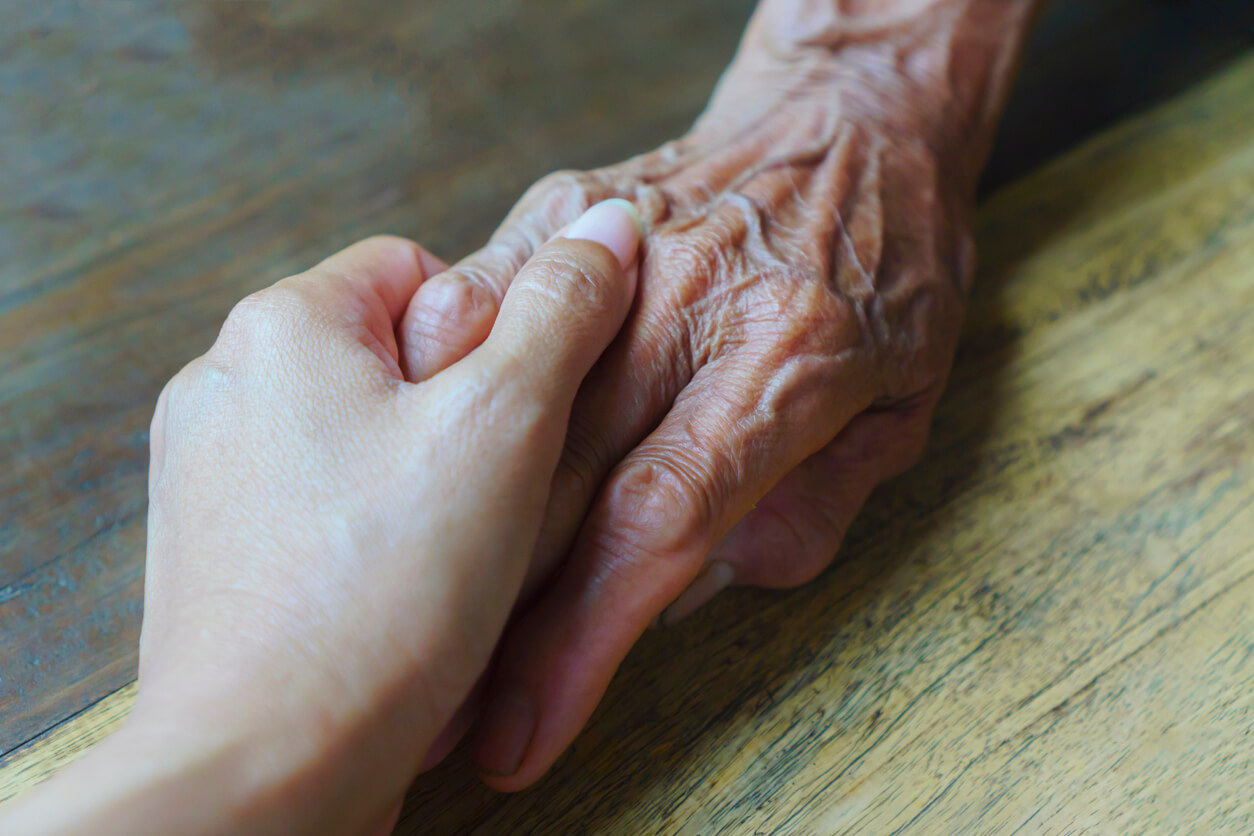Older Americans are a particularly vulnerable population. Elder abuse and neglect have gained growing national attention and concern. It is disconcerting to think that nursing home workers, those tasked with taking care of our elderly loved ones, are often underpaid, overworked, and receive inadequate training. Facilities will try to cut corners in an attempt to maximize profit and the residents are often the ones that suffer as a result. These are the kinds of conditions that can lead to abuse and neglect of nursing home residents. Unfortunately, elderly people are often unable or unwilling to report abuse or neglect. This is why it makes it extra important that everyone remains aware of the signs of potential nursing home abuse or neglect.
Signs of Nursing Home Abuse
With so many nursing home abuse and neglect cases going unreported, often due to a failure to recognize the problem or a failure to report the problem, it is critical that those of us with loved ones in these types of facilities be mindful of potential problem signs.
Some of the more common signs of abuse and neglect in a nursing home include:
- Bed injuries (including asphyxiation)
- Signs of dehydration (including cracked lips, dry mouth, and swollen tongue)
- Poor personal hygiene
- Unsanitary conditions
- Signs of malnutrition (including rapid weight loss)
- Pressure ulcers (more commonly known as “bed sores”)
- Open wounds
- Urinary tract infections
- Wound infections
- Unexplained physical injuries (including welts, cuts, and bruises)
- Falls
- Fractures
- Head injuries
- Emotional agitation (including being more withdrawn and non-communicative)
- Hesitant to speak in the presence of staff member
- Staff members’ unwillingness to leave you alone with the resident
- Depression (including lack of interest in favorite activities)
- Being prevented from visiting a resident
- Anxiety
- Low self-esteem
- Changes in behavior
- Unexplained death of a resident
Additionally, if your loved one seems more confused or drowsy than usual, this can be a sign of him or her being improperly medicated. This can be an exceptionally dangerous form of abuse. Furthermore, if your loved one seems to have more limited mobility than usual or is having more difficulty getting around, it can be a sign that he or she has not been engaging in daily walking or exercise programs to support continued physical health.
In sum, be mindful of any physical, mental, or emotional changes in your elderly relative or loved one. While these changes may just come with the aging process, sometimes they are not. Sometimes they are due to abuse or neglect happening in the nursing home facility.
Pennsylvania Personal Injury Attorneys
Your older relatives may continue to depend on you to keep them safe and supported even when they are in a long term care facility. You can help them from being further victimized by abuse and neglect by looking for the signs mentioned here. If you suspect a loved one has been the victim of abuse or neglect in a nursing home, it can be a very delicate situation. Talk to the dedicated attorneys at Cooper Schall & Levy. We can help evaluate the situation to try and keep your loved one safe and enforce his or her legal rights. Contact us today.


